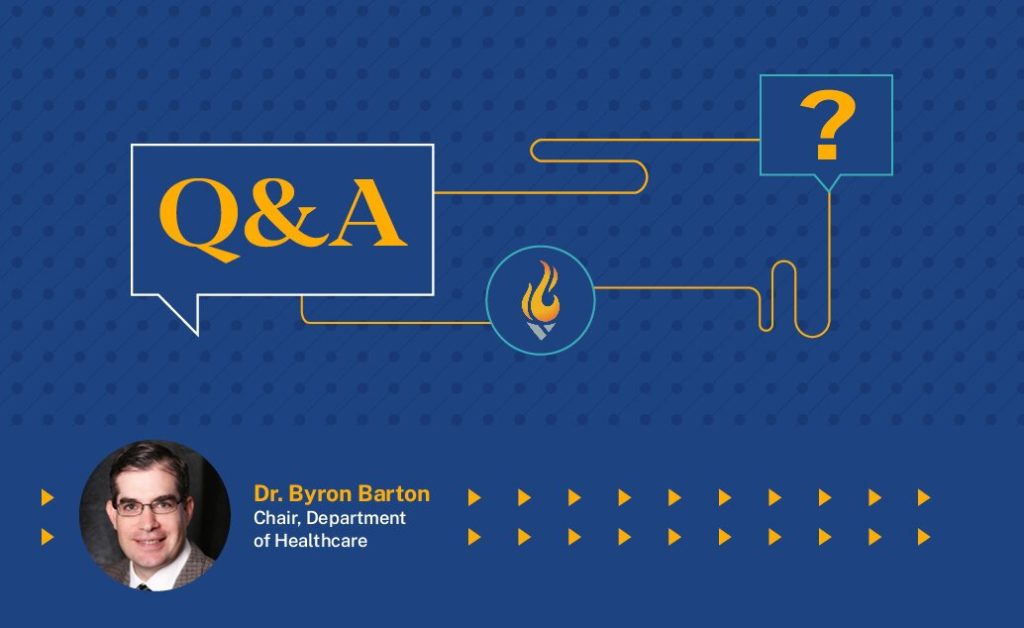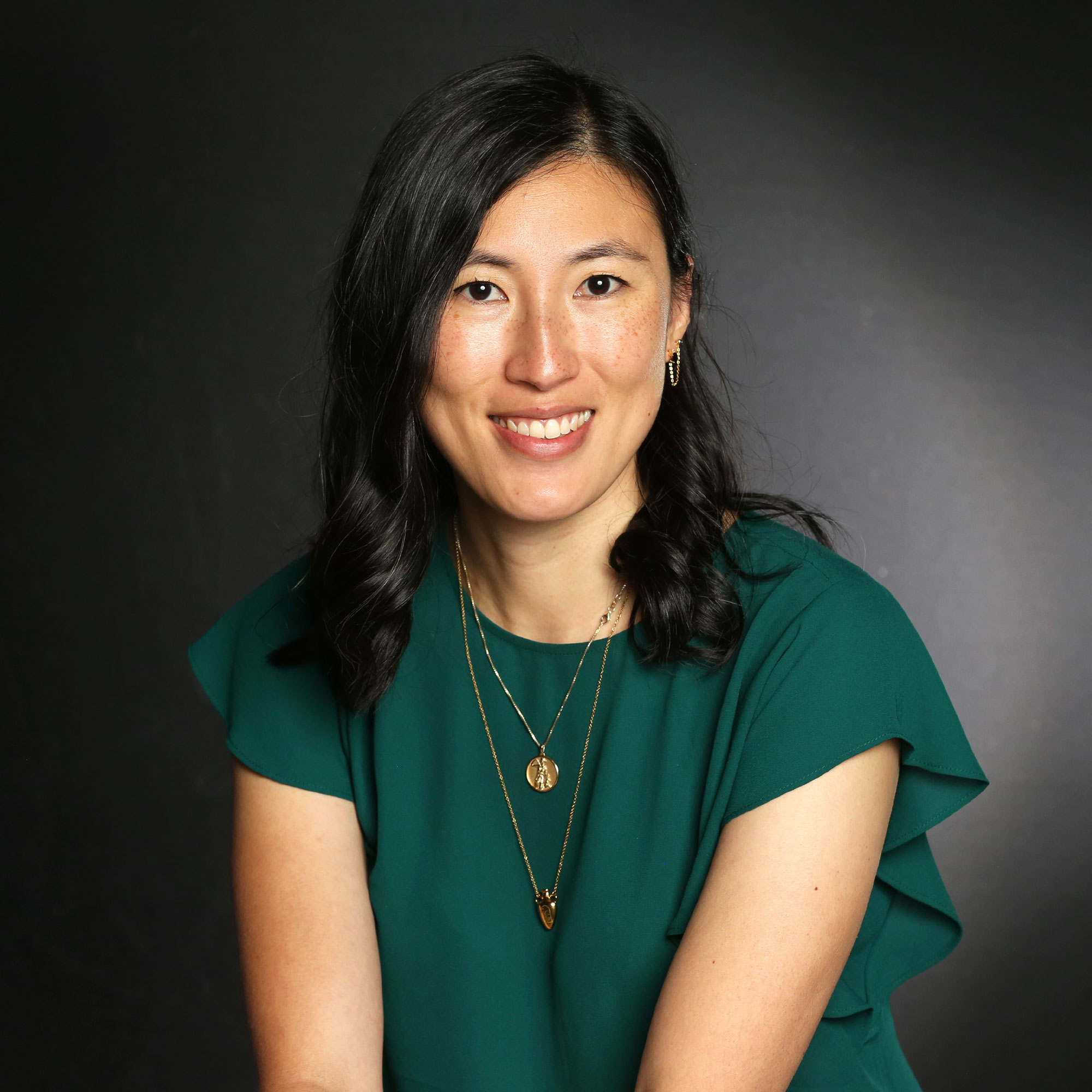
With American College of Education adding its first doctoral-level programs in the field of healthcare, we spoke with Dr. Byron Barton, chair of the department of healthcare, to learn more about the difference between public health education and public health, why these programs are important and what makes ACE’s programs unique.
ACE: Why is ACE adding an Ed.S./Ed.D. in Public Health Education?
Dr. Byron Barton (BB): Public health has a big place in modern society at the local, state, national and international level. In the news – now more than ever – we see the impact of public health and public health education.
Both public and private organizations have placed greater priority on starting and growing health and wellness education programs. As such, program directors with a foundation in public health education that can create and run robust programs are in demand. ACE’s goal in offering these programs is to meet the needs of public health educators by providing them an opportunity to continue their education at the doctoral and specialist levels.
ACE: What is the difference between public health and public health education?
BB: Public health is about preventing disease. To do that, one must understand health threats, and determinants of health and disease. A public health program would study how to understand these health threats and ways to mitigate them.
Public health education incorporates principles of public health, but it also looks at educational models and theory to optimize planning, implementing and evaluating health education programs. Public health education studies the best way to educate people and organizations in ways to reduce disease.
ACE: Who could benefit from enrolling in these programs?
BB: These programs are designed for health educators across public and private organizations. Any professional with at least a master’s degree in a health-related field who has an interest in public health education might find value in these programs. Anyone whose responsibilities include a health education program might benefit from these programs.
ACE: What can someone do after completing ACE’s public health education program?
BB: Students will be more comfortable and conversant in the fundamentals of public health education. Anyone who is in a position, or wants to be in a position, where being an expert in public health education and/or research would be beneficial would find value in these programs. Everyone from school administrators to health education directors could benefit.
ACE: What makes ACE’s program stand out? What makes it unique?
BB: Our program has a couple of differentiators. The program will emphasize leadership, research and tenets of public health education – just as most other public health education programs – but in an asynchronous online format, which allows students to work on their schedule. This is an important benefit for busy professionals.
The online format doesn’t mean unstructured, however. This is another differentiator; ACE offers a very structured program with benchmarks and several layers of faculty assistance. Often in doctoral programs, especially those in an online format, life happens and it’s always easier to push schoolwork until the next day, then the next, until weeks go by with little progress. ACE has benchmarks in place to ensure there’s a vehicle to help students make steady progress. Students will also have access to extensive faculty knowledge and student service resources.
In addition, an important goal of all programs at ACE is our insistence on providing an affordable, high-quality education. This program offers one of the best, educational values available.
ACE: In addition to the Ed.S. and Ed.D. in Public Health Education, ACE has added other new health care programs. What are your goals for the health care department as it continues to expand?
BB: The mission of the healthcare department is to provide high quality, affordable, application-based programs to healthcare administrators, educators, leaders and executives to promote practitioner expertise and career enhancement. We ultimately want to have a wide range of program offerings that will provide value to anyone in the healthcare industry looking to continue their education.

